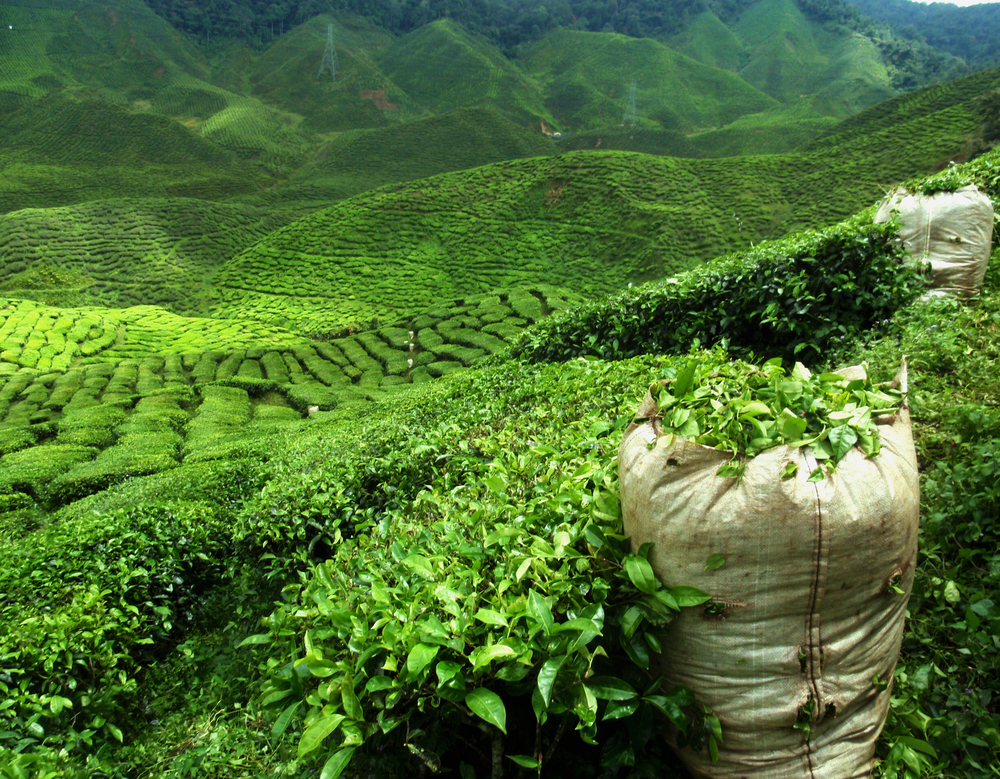Oxfam, a confederation of 20 organisations focusing on alleviation of global poverty, has asked tea brands to buy only from Assam producers who implement the Plantations Labour Act.
In its report on Addressing the Human Cost of Assam Tea — An Agenda for Change to Respect, Protect and Fulfil Human Rights on Assam Tea Plantations, which was released on Thursday, Oxfam said solutions lie in a fairer sharing of the end-consumer price of tea, stronger gender policies and a review of plantation labour laws to ensure that women and men in Assam can lead dignified lives.
It said new estimates, commissioned by Oxfam and undertaken by the Bureau for the Appraisal of Social Impacts for Citizen Information, show that supermarkets and tea brands in India retain more than half (58.2 per cent) of the final consumer price of black processed tea, with just 7.2 per cent for workers. It asked tea brands to favour suppliers who implement the act and incentivise and enable others to do so. Tea producers have been complaining that big buyers don’t pay enough.
The organisation said tea brands/supermarkets should work with suppliers, government and civil society to improve producers’ ability to provide decent housing, healthcare, water, sanitation and education through improved trading practices and external support. “This can be supported through paying higher prices for fresh tea leaves and excluding the costs of labour from price negotiations. It should ensure that tea is priced sustainably,” it said.
“It is difficult to trace most exported Assam tea to its origins. Many supermarkets fail to disclose the country or region of origin of their private label black tea. In India, supermarkets and tea brands also remain opaque about their supply chain relationships,” it said. It asked supermarkets and tea brands to publish the country and region of origin, supply chain information and distribution of end-consumer price on tea packaging.











